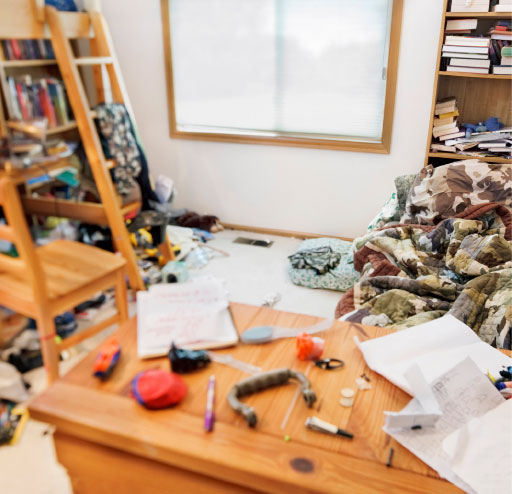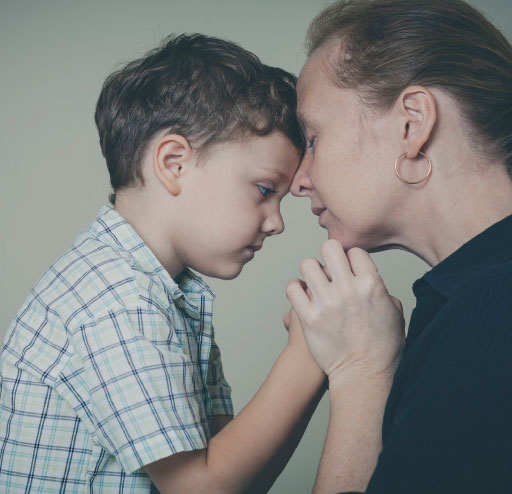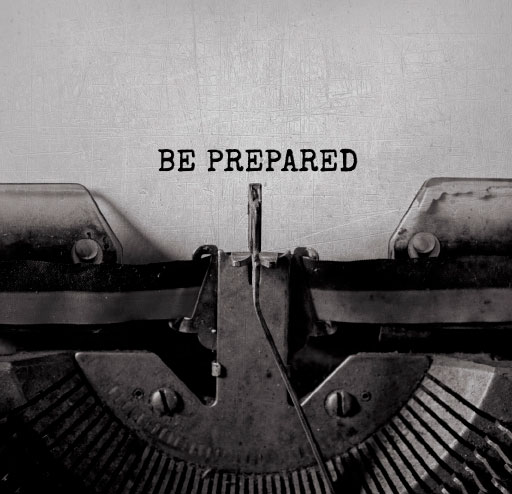Download a printable version of this article (PDF 298KB)

When parents and carers learn that a child in their family is experiencing bullying, finding the right words to use can be among the most challenging aspects of the journey of being a parent and carer.
Interestingly this tongue-tied feeling is just as acute whether a child is being bullied or whether a child has been engaging in bullying behaviours.
One of the most powerful decisions that a parent and carer can make in either situation is to search a little less for the right things to say and focus a little more on the right things to ask.
“The wise man doesn’t give the right answers, he poses the right questions.”
– Claude Levi-Strauss
First of all, collect your facts. There can be a temptation for busy and alarmed parents and carers to rush immediately to the school with an incomplete story, either to blame or simply to address the situation as quickly as possible. This can be counterproductive when you only have a sliver of the information in the story.
It is not helpful to dig too far into the past by examining mean looks or rude words that might have occurred several years ago, but it is useful to have a good gist of the current state of play. Pause. Consider the gaps that are possible. Ask calm questions like those below. This will ensure you know that what you are dealing with is actually bullying and, importantly, exactly what the nature of this bullying situation is:
- How long has this been going on?
- Who have you spoken to about this?
- Do you think any of the teachers are aware that this has been going on?
- Are any other people involved?
- How many times do you think this has happened?
- How much is it affecting you, and how?
- Would you like me to get involved in some way or just advise you?
Most of all, make sure the child knows how much you appreciate them opening up to you. For most children, this takes a commendable level of courage.
Further, expect this focus on questioning to be an ongoing feature of how you deal with bullying effectively. Many schools are using an approach called Restorative Practices to deal with bullying situations and have specifically prepared questions available for both parties to answer. The important aspect of this approach is the way the questions are designed to provoke behaviour changing thought, genuine awareness and responsible action. The examples below show what these questions can look like.
For those who have done the harm:
- What happened?
- What were you thinking about at the time?
- What do you think now about what you did?
- Who do you think was affected by your behaviour? And how?
- What do you think you need to do to make things right?
For those who have been harmed:
- What did you think when this started happening?
- What has been the impact on you and others?
- What’s been the hardest part of this for you?
- With that in mind, what do you think should happen to make things right?
It is important to notice that these questions are clearly designed to take the conversation from the past, through the harm of the present and into an action based future. This is the true function, and indeed the magic, of Restorative Questioning.
There’s certainly a strong body of evidence that in the search for answers to bullying, questions might be what we were looking for all along.








